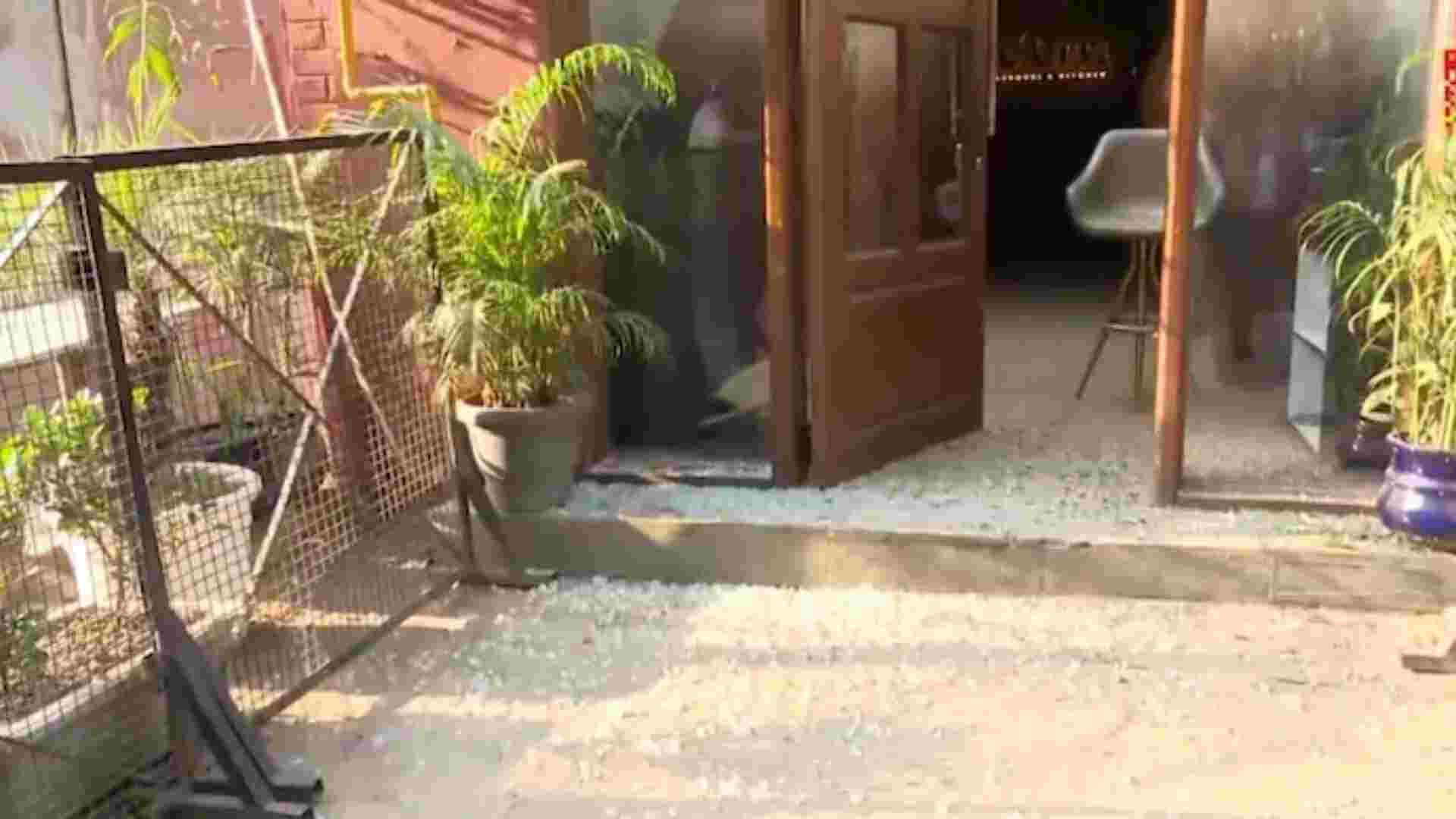
The rapid growth of online learning in higher education has necessitated the development of effective methods to ensure exam integrity. Remote proctoring has emerged as a valuable solution, leveraging technology to monitor and uphold academic integrity during online exams. This article explores the role of remote proctoring in higher education, highlighting its significance in maintaining exam integrity, promoting fair assessment practices, and enhancing the credibility of online learning.
The increasing adoption of online learning has provided students with greater flexibility and accessibility. However, the challenge of maintaining exam integrity in the virtual environment has prompted the need for reliable solutions. Remote proctoring addresses this concern by monitoring student behavior during online exams to deter and detect potential cheating
Remote proctoring involves the use of technology to monitor and supervise online exams. It employs features such as live video monitoring, audio recording, and AI-powered algorithms to replicate the traditional proctoring experience remotely. These technologies enable institutions to ensure the integrity of online exams by detecting and deterring cheating behaviors.
Remote proctoring plays a crucial role in upholding exam integrity in online learning. It monitors students in real-time, capturing their actions, movements, and behaviors during exams. The presence of proctors or AI-powered algorithms serves as a deterrent, discouraging students from engaging in dishonest practices. By maintaining exam integrity, remote proctoring upholds the credibility and value of academic qualifications in online learning.
Remote proctoring offers several benefits for institutions in higher education. It provides a scalable solution, allowing institutions to administer exams to a large number of students simultaneously. The flexibility of remote proctoring eliminates the need for physical test centers, reducing logistical complexities and costs. Institutions can expand their reach and offer exams to students located in different geographical locations. Additionally, remote proctoring ensures a standardized exam experience for all students, regardless of their location.
Remote proctoring offers benefits for students as well. It provides the convenience of taking exams from the comfort of their own homes or any location with an internet connection. Students no longer need to travel to physical test centers, saving time and resources. Remote proctoring also promotes fairness, as all students are subject to the same monitoring and exam conditions. This creates a level playing field and ensures that academic achievements are based on merit.
Remote proctoring encompasses various approaches to monitor online exams. These include live proctoring, where a human proctor observes the exam in real-time through video streaming, and automated proctoring, where AI-powered algorithms analyze student behavior for suspicious activities. Additionally, recorded proctoring captures the entire exam session for later review and auditing.
Remote proctoring platforms incorporate features to ensure exam security. These include browser lockdown to prevent unauthorized access to resources, identity verification processes to confirm the student’s identity, and secure encryption protocols to protect exam content from unauthorized access or tampering. By implementing these security measures, remote proctoring platforms mitigate the risk of cheating and unauthorized activities during online exams.
Remote proctoring technologies, such as AI-powered algorithms, enhance the accuracy and fairness of exam monitoring. They analyze various factors like eye movements, facial expressions, and background noise to identify potential cheating behaviors. This automated approach reduces human bias and ensures consistent monitoring across all exams, promoting fairness in the assessment process.
Remote proctoring platforms prioritize privacy and data security. They employ robust data encryption, secure storage systems, and compliance with data protection regulations to safeguard students’ personal information. It is crucial for institutions and proctoring solution providers to maintain transparency and communicate clearly about data usage and retention policies to establish trust with students.
Companies are committed to continuous improvement and innovation in the field of remote proctoring. They actively seek feedback from institutions, students, and industry experts to enhance their solutions and address emerging challenges. By staying up-to-date with advancements in technology and assessment practices, ensures that remote proctoring platforms remain cutting-edge and effective in deterring cheating and maintaining exam integrity.
Customization and Flexibility understood by different institutions have unique needs and requirements when it comes to remote proctoring. They offer customization options to tailor their solutions to the specific needs of each institution. This flexibility allows institutions to align the remote proctoring process with their existing assessment policies and procedures, ensuring a seamless integration and a consistent experience for students.
Comprehensive support and training to institutions implementing remote proctoring. They offer training resources, user guides, and tutorials to help institutions understand the features and functionality of their remote proctoring platforms. Additionally, their dedicated support teams are available to address any technical queries or issues that institutions may encounter during the implementation and administration of remote proctored exams.
The commitment to exam integrity, data security, customization, continuous improvement, and comprehensive support builds trust and confidence among institutions and students. Their reputation as a trusted provider of remote proctoring solutions stems from their dedication to upholding the highest standards of integrity and quality. Institutions can rely to deliver reliable and effective remote proctoring services that meet their specific requirements and uphold the integrity of their online assessments.
Remote proctoring has become a critical component of ensuring integrity in online learning in higher education. By leveraging technology to monitor online exams, remote proctoring plays a pivotal role in maintaining exam integrity, promoting fair assessment practices, and enhancing the credibility of online learning. With benefits for institutions and students, including scalability, convenience, fairness, and standardized assessment, remote proctoring has become an indispensable tool in the digital age. Mercer | Mettl’s expertise and advanced remote proctoring solutions contribute to the successful implementation and integration of this technology, supporting institutions in upholding exam integrity and fostering a trusted online learning environment.
Mercer | Mettl, as a leading assessment technology company, plays a significant role in the development and implementation of remote and online proctoring solutions. They offer robust remote proctoring platforms that utilize advanced technologies to ensure exam integrity. Mercer | Mettl’s solutions integrate seamlessly with existing learning management systems, providing a user-friendly and efficient experience for both institutions and students. Additionally, Mercer | Mettl provides training, support, and guidance to institutions in implementing and managing remote proctoring effectively.













